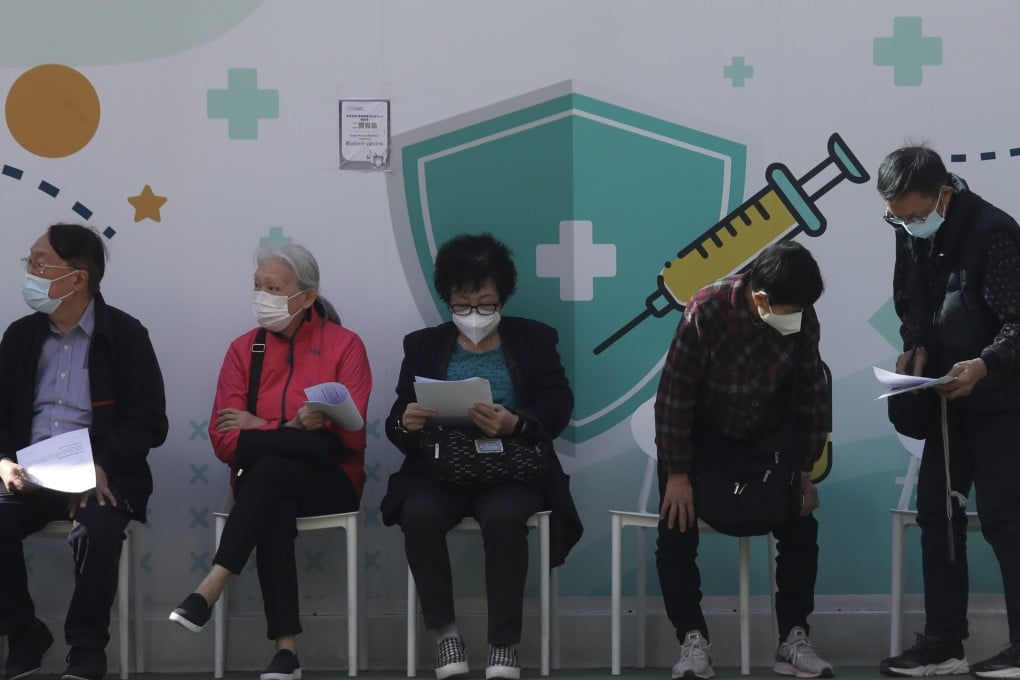Letters | Hong Kong can look to nurses and pharmacists to reduce family doctors’ burden
- Readers discuss why the scope of practice of nursing and pharmacy should be expanded, and the need for improvement in the city’s postal service

Hong Kong does an excellent job of healthcare but can do even better by enhancing the role of healthcare practitioners in nursing and pharmacy. This would benefit patients in terms of accessibility, affordability and timing of treatment, and reduce the workload of family doctors.
But what about other healthcare practitioners? Many jurisdictions have reviewed the efficiency of their healthcare systems and recognised the need for prescribing practices to evolve. A more contemporary attitude towards inter-professional team-based care could empower nursing to improve patient access.
In Hong Kong, only physicians, dentists and Chinese medicine practitioners are allowed to prescribe drugs and medications. However, many countries already allow appropriately trained nurses, optometrists and pharmacists to carry out various levels of non-medical prescribing.
The full-time undergraduate degree programmes in nursing at Hong Kong Polytechnic University and other universities in the city are among the longest in the world, at five years. We train our nursing students to be capable of being independent primary care practitioners, even though they are not allowed to fulfil this role completely in Hong Kong as professional nurses. How can nursing graduates today realise their full potential and benefit Hong Kong society?
The relative absence of non-medical prescribing in Hong Kong has consequences for public health. Before walk-in appointments were made possible for Covid-19 vaccination, many older adults and elderly people in Hong Kong hesitated to get vaccinated because they were unsure whether they were medically suitable.